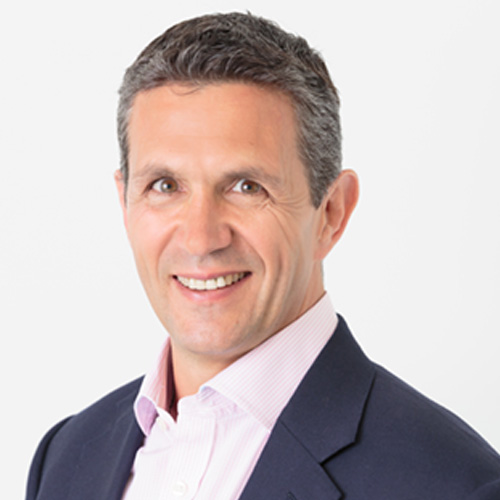
What would you describe as your most memorable achievement in the data centre industry?
There have been many, but one that stands out was the opening of our second data centre. The first was built to standard designs of the time so we could build credibility with our customers. But from the beginning VIRTUS had ambitions to lead the industry, so LONDON2 was a different story. It was the most technologically advanced data centre; it was the first facility to deploy the latest indirect evaporative cooling technology, which provided an efficiency that competitors couldn’t believe and customers loved. We also launched flexible contracts allowing customers to scale up or down as their needs change. This caused a stir in the industry and gave VIRTUS a seat at the table with global competitors whom we went on to outperform to become the UK’s largest operator.
What first made you think of a career in technology/data centres?
I have always followed technology closely and had a passion for computer and human communications. My degree is in electronics, specialising in communications. This was a precursor to a career launching satellites in the Royal Air Force, followed by over 20 years in telecommunications selling everything from data connectivity to high-frequency quant traders, to entire dealer room solutions to investment banks. Data centres were the next evolution of this and made complete sense as the next step in my career.
Right now, Artificial Intelligence is the most talked about technology, but ultimately it comes down to data. Data processed is information and information allows intelligence to make informed decisions. As computers start to think and learn, they need huge amounts of data as the enabler. We can’t even imagine future data demands for things like neural networks that mimic the workings of human brains. This feeling of anticipation is the same as when I was launching satellites and allowing remote battlefield locations to pass data back to Whitehall so leaders could make decisions.
What style of management philosophy do you employ with your current position?
Being ex-military, I believe in the Blanchard model of situational leadership. There are task/team/individual needs that should all balance to enable an effective outcome. The key is to hire great people and not to be afraid of surrounding yourself with people who are better than you. I build teams of strong individuals who are motivated and rewarded so they feel valued and deliver results.
What do you think is the current hot talking point within the data centre space?
Power. As an industry we need it – and our customers need it – but the unfortunate reality is that countries haven’t invested in power infrastructure or been able to keep up with demand in key locations. The result is that often there is power but the national grids cannot deliver it to the areas where it is needed. As businesses and society, we need to be more efficient with our use of power. VIRTUS is already the best-in-class in the data centre industry for efficient use of power, but we always strive to be better so we are working with our clients to adopt immersion cooling technologies to reduce heat losses etc., and investing in renewable energy to produce truly green electrons.
How do you deal with stress and unwind outside the office?
I go to the gym regularly, cycle on the road or on the Peloton and enjoy offshore sailing. I can’t do these activities and email or phone at the same time, so they provide a true mental break from office activities and allow thinking time which we so often don’t make space for in our busy daily lives.
What do you currently identify as the major areas of investment in your industry?
The power infrastructure is a really important area of investment. Countries need to take future power needs seriously if they want to attract technology companies that employ thousands of people, boosting the economy. Everything starts with power and not enough is being done to put this bedrock resource in place.
What are the region-specific challenges you encounter in your role?
We are currently embarking on pan-European growth, so this is a timely question. The key challenge is recruiting good people in the country to help us overcome local challenges that come with setting up live operations in that new country. We seem to be attracting the right talent, but as we start to build and deploy, the concern is if there is enough good talent for an industry that has never been very good at promoting itself as a career option to the wider technology world and beyond.
What changes to your job role have you seen in the last year and how do you see these developing in the coming months?
There is so much demand for data centre space that business is less about selling and more about working with our customers to deliver what they need for ever-changing real-world requirements. We often fit out a data centre for a client only to be told halfway through that their needs have changed (got denser or heavier, etc.) and we need to modify what we are already delivering. We see this a lot with data centre designs for GenAI workloads and it feels like our customers still aren’t completely sure, but they know they need something different. This is where deep relationships with our customers and flexibility are key.



